This post may contain affiliate links, please read our disclosure policy.
When buying fresh produce, it may seem difficult to keep your fresh produce fresh all week. Here are the best tips for storing fresh fruit and vegetables.
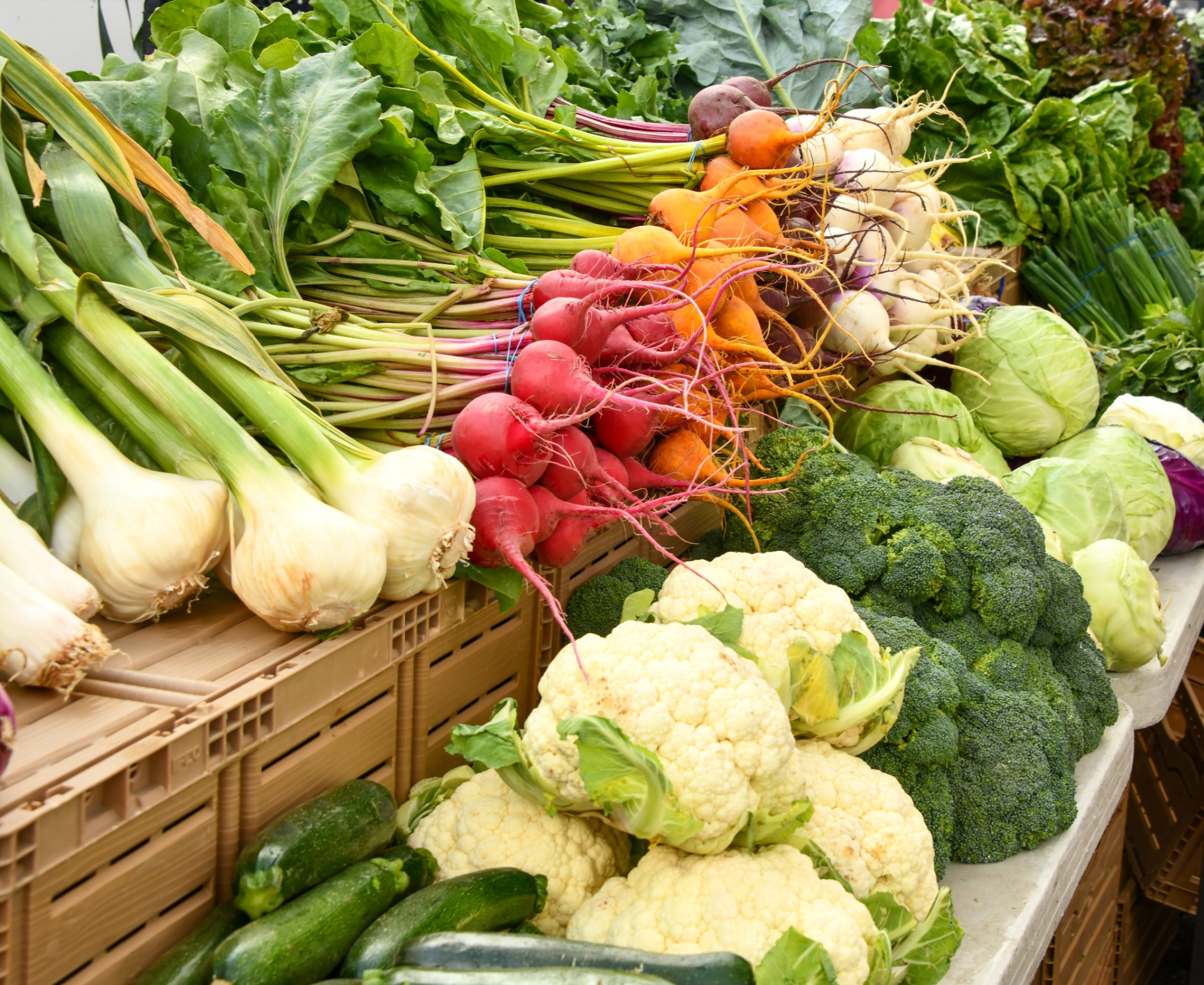
Tips For Storing Fresh Produce
In today’s busy lifestyle, it can be difficult to make the weekly grocery shopping trip last long enough to feed the family for the week. Americans waste more than 23 billion pounds and $24 billion worth of fresh produce each year because it spoils before we can eat it. That’s 187 pounds and $192 per household!
As always, I recommend buying local when it comes to fresh produce (and everything else!). Whether it’s supporting your local farmers market, buying from the grocery store and making sure the products are local, or buying from the United States. Food safety and domestic food security should always be something that crosses your mind when grocery shopping.
It’s frustrating when fruit and vegetable products go off before they can be consumed. Wasted food impacts the environment, costs money, and causes inconvenience to the cook. By observing a few simple rules, it is possible to lengthen the shelf life of many fruits and vegetables, preserving vitamin and mineral contents and keeping them fresher for longer.
Another great way to make sure you are reducing food waste is to meal plan. When you meal plan, you make a simple plan to utilize what you bought for the week. Get this free meal planning printable to help you meal plan and use the produce saving tips below to help you save money and reduce food waste.
The following tips are designed to help make the most out of the produce purchased, increasing shelf life and optimizing produce storage conditions.
Tips and Tricks to Optimize the Shelf Life of Fresh Produce:
- Apples should always be kept cold. They emit a high amount of a gas called ethylene, which accelerates the decomposition of other produce, so they should always be kept separate from other fresh produce.
- Asparagus should be stored in the refrigerator, with the stems standing in a small amount of water to preserve freshness.
- Broccoli can be plunged into very cold water to revive it if it becomes wilted, this will crisp it up and make it ready for consumption.
- Honeydew and Cantaloupe melons should be stored separately, as they react and rot more quickly if stored together.
- Cucumber should be kept very cool, as it is quick to soften and over-ripen if in a warmer temperature.
- Green beans should be kept at 10 degrees and consumed within two days for optimum freshness.
- Grapes should never be washed when storing, as their natural bloom protects against ripening.
- Bananas act as an accelerator on other fruit and vegetables, causing them to ripen too quickly, keep them out of the refrigerator, and preferably hung in a cool place.
- Oranges should be kept separated from other porous foods such as eggs and cheese, as their odor is easily absorbed.
- Leave greens/stalks on foods such as strawberries and tomatoes to lengthen their shelf life.
- The refrigerator door is the coldest place in the fridge, so it is ideal for keeping perishables such as milk at optimum temperature.
Preventing Ethylene Gas Production For Fresh Produce
All fruit and vegetables naturally produce ethylene gas as they age and ripen. Ethylene gas is odorless, tasteless, and harmless, but the gas given off builds up in the refrigerator causing fresh produce to rot prematurely. There are a number of products on the market designed to stave off production of the gas, lengthening the shelf life of all fruit and vegetables purchased.
Other Tips for Lengthening Shelf Life Of Fresh Produce & Products
Products such as mushrooms and strawberries should be placed in the refrigerator with their packaging punctured to allow air to circulate. This inhibits excess dampness, which can greatly speed up decomposition.
Always wrap the bread in a polythene bag after purchasing, as this slows down the process of decomposition and stops it from going stale so quickly. Other products such as biscuits and cakes should be kept in sealed air-tight containers in a cool, dry place.
What are some of your tips for storing fresh fruit and vegetables?
Check out all the healthy recipes on Food Wine Sunshine and follow on me Facebook, Twitter, Pinterest and Instagram for more FOOD WINE AND SUNSHINE.
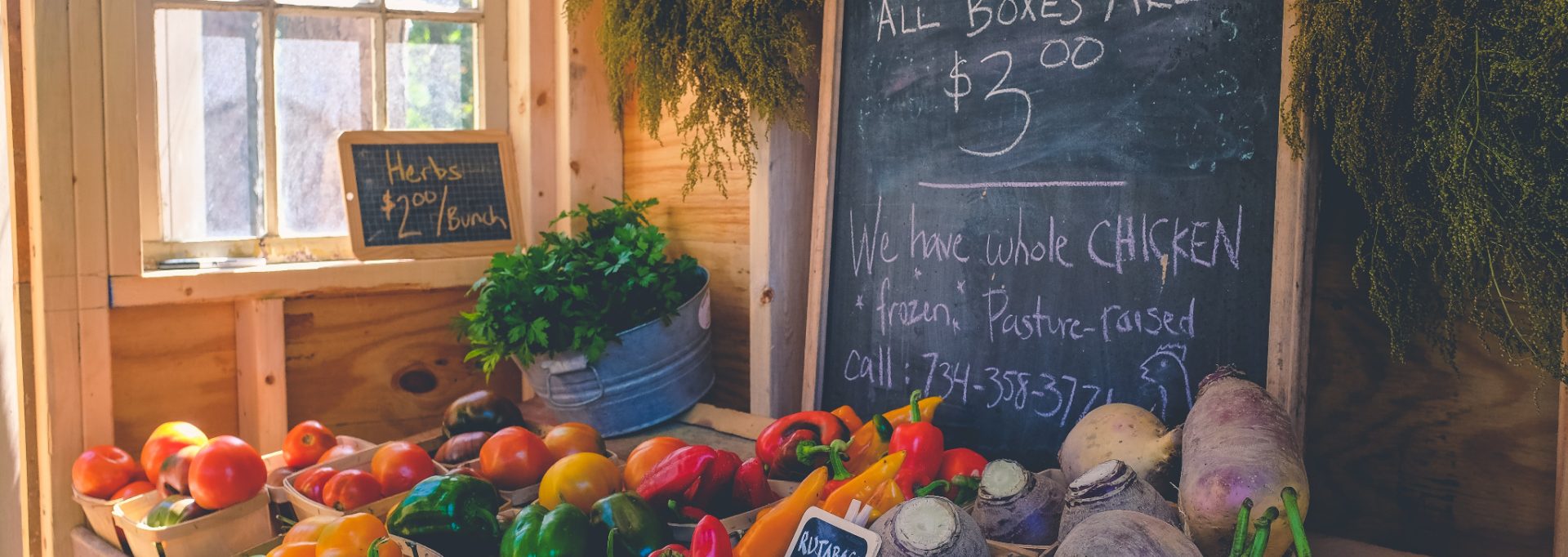
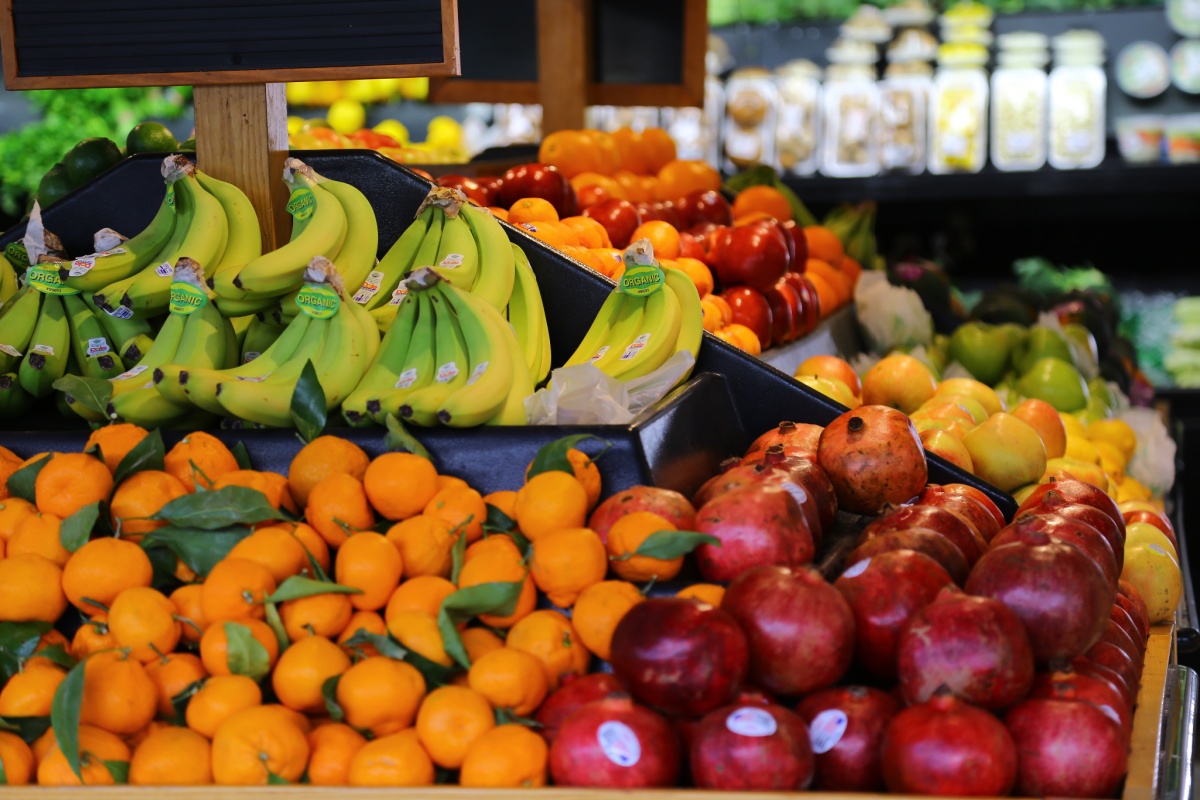
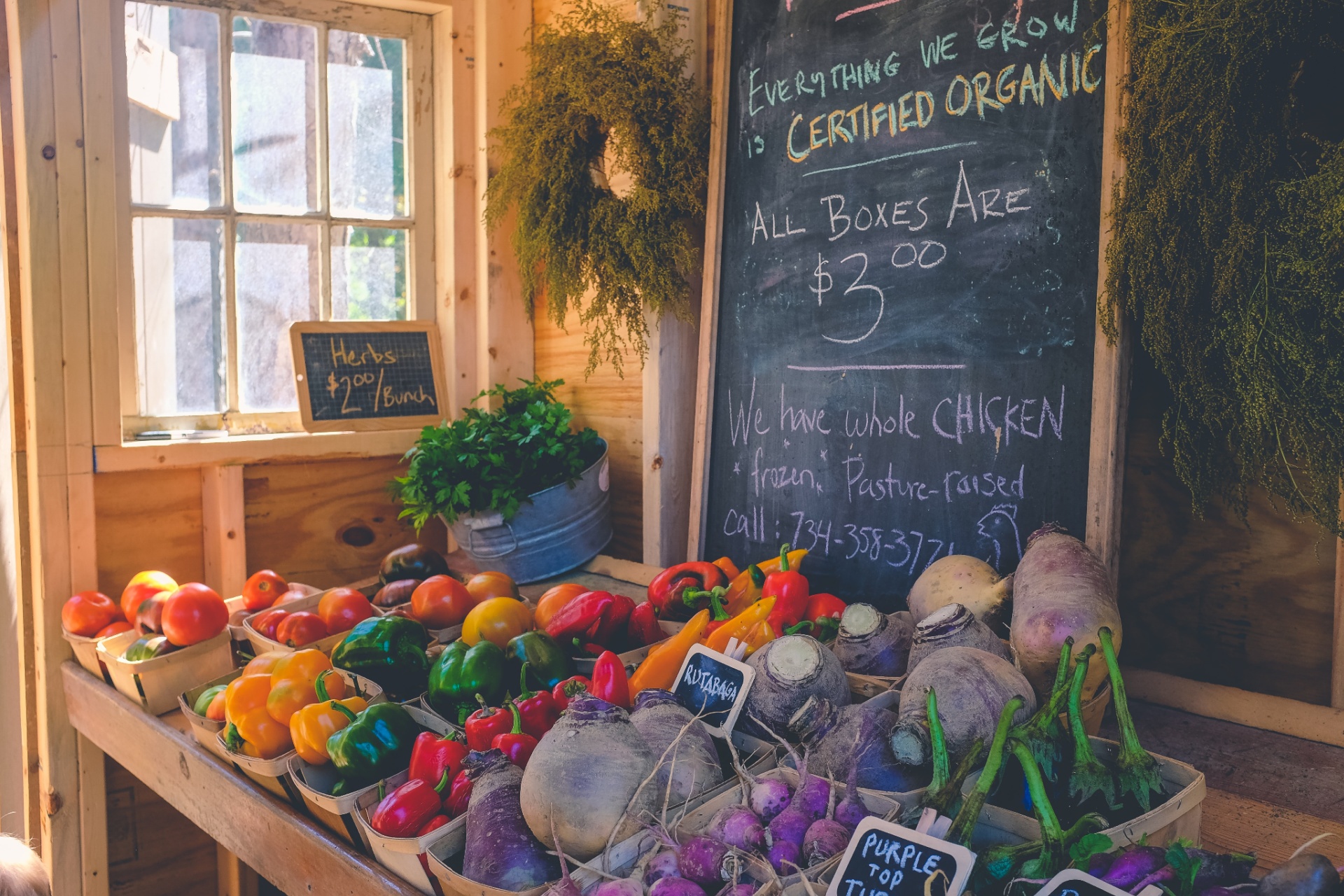
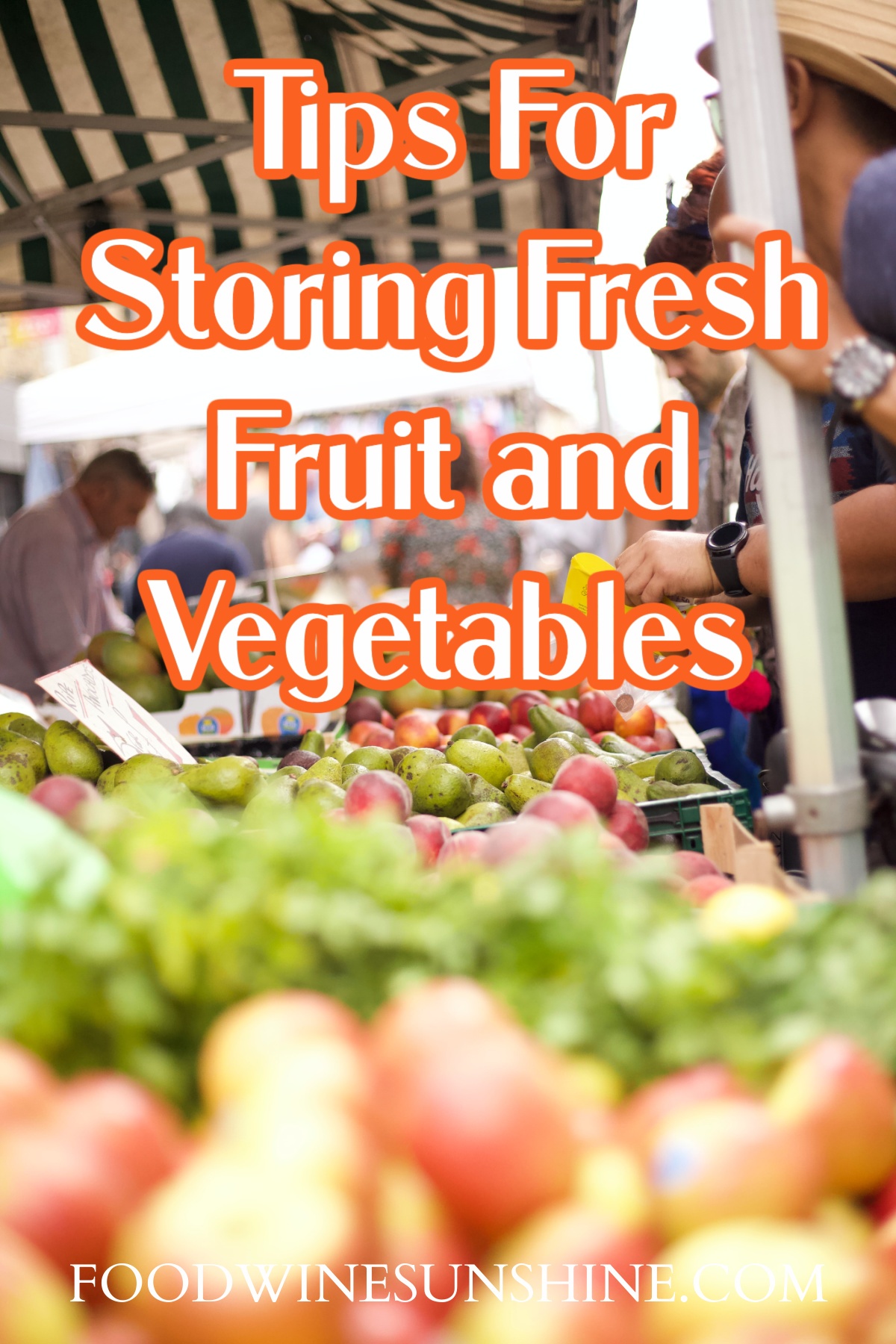





Comment section